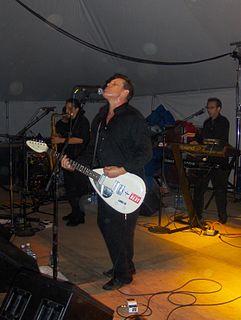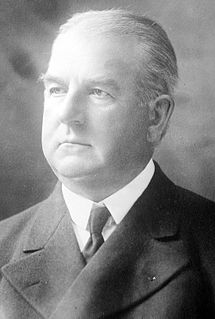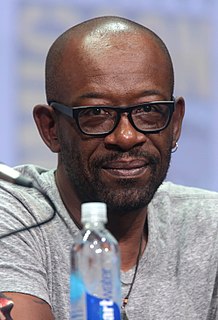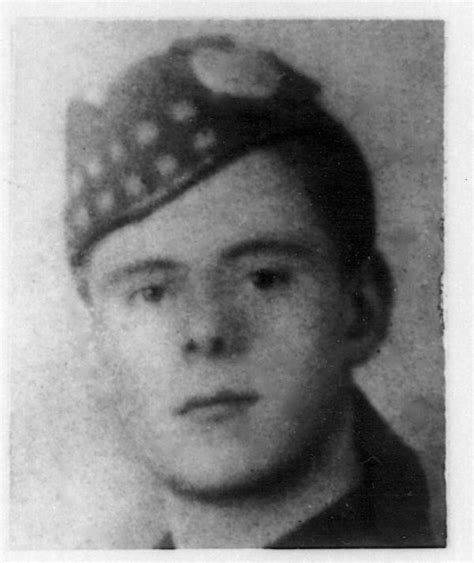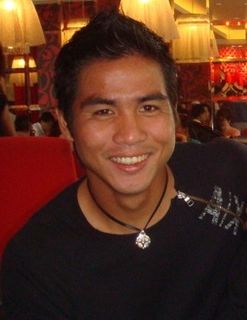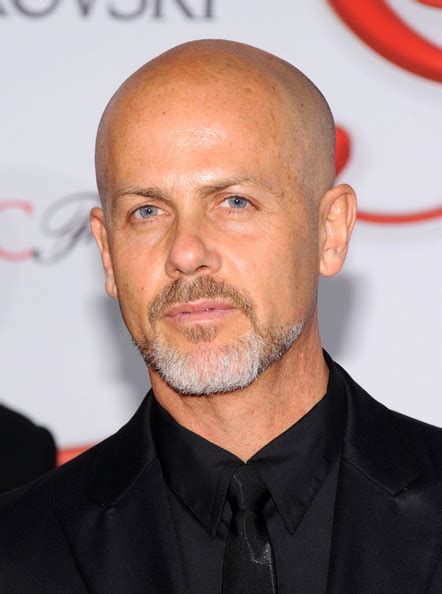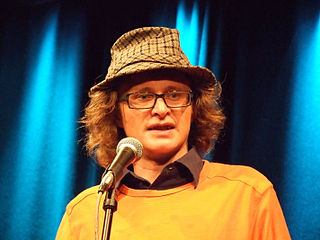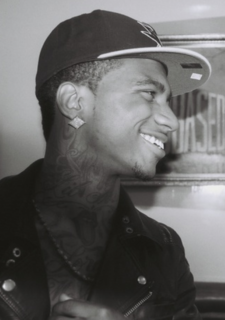A Quote by Lulu Wang
I'm comfortable, culturally I'm American, my perspectives are American, but from an aesthetic perspective do other people look at me and think that I'm American?
Quote Topics
Related Quotes
I think there's a pride of what a real American can be. I mean, I'm a transplant, but I've got American kids and an American wife, and when I go back to England I feel more like an American, the way I look at the world, is more from an American perspective at this point. I've traveled every state 30 or 40 times, and have met an amazing array of people, and I have found Americans to be among the most kind and tolerant people I have ever met.
You see the one thing I've always maintained is that I'm an American Indian. I'm not a Native American. I'm not politically correct. Everyone who's born in the Western Hemisphere is a Native American. We are all Native Americans. And if you notice, I put American before my ethnicity. I'm not a hyphenated African-American or Irish-American or Jewish-American or Mexican-American.
The power of these recommendations is that they come from leaders representing a broad spectrum of religious conviction. At the table were people with Christian, Jewish, Muslim, Hindu, Native American and humanist perspectives, as well as individuals from advocacy groups ranging from the American Civil Liberties Union to the American Center for Law and Justice.
I was born in the United States, I'm proud to be an American, I'm an American first. But obviously, I'm a Chinese-American. And growing up, my family, my parents, and I think rightly so didn't put us in Chinatown, didn't put us with our other ethnic group, but put us in mainstream America. They're thinking was that will help us assimilate into the mainstream and be a part of it. And it did. It certainly gave me tolerance of other people, of other races, of other ethnicities and I think that's helped make me a better person.
Whether you look at 'Glee' and its normalization of gay identity or you look at the work of Martin Scorsese and the Italian-American community, American culture is able to take these stories, which are seen as marginalized, and just turn them into American stories. And you don't think twice about it.
Foreigners have a complex set of associations in their minds when they think of America - from Iraq to 9/11, certainly, but also from Coke to jeans. It is entirely possible for people around the world to love American products, American books, American movies, American music, and dislike the policies of the government of America.
Talk to me 20 years ago and I had a complete sense of illegitimacy as an American Muslim. I felt like I wasn't authentic. But I don't understand and I don't believe or subscribe to this idea that I don't have a right to speak as a Muslim because I'm an American. Being Muslim is to accept and honor the diversity that we have in this world, culturally and physically, because that's what Islam teaches, that we are people of many tribes. I think the American Muslim experience is of a different tribe than the Saudi Muslim world, but that doesn't make us less than anyone else.

